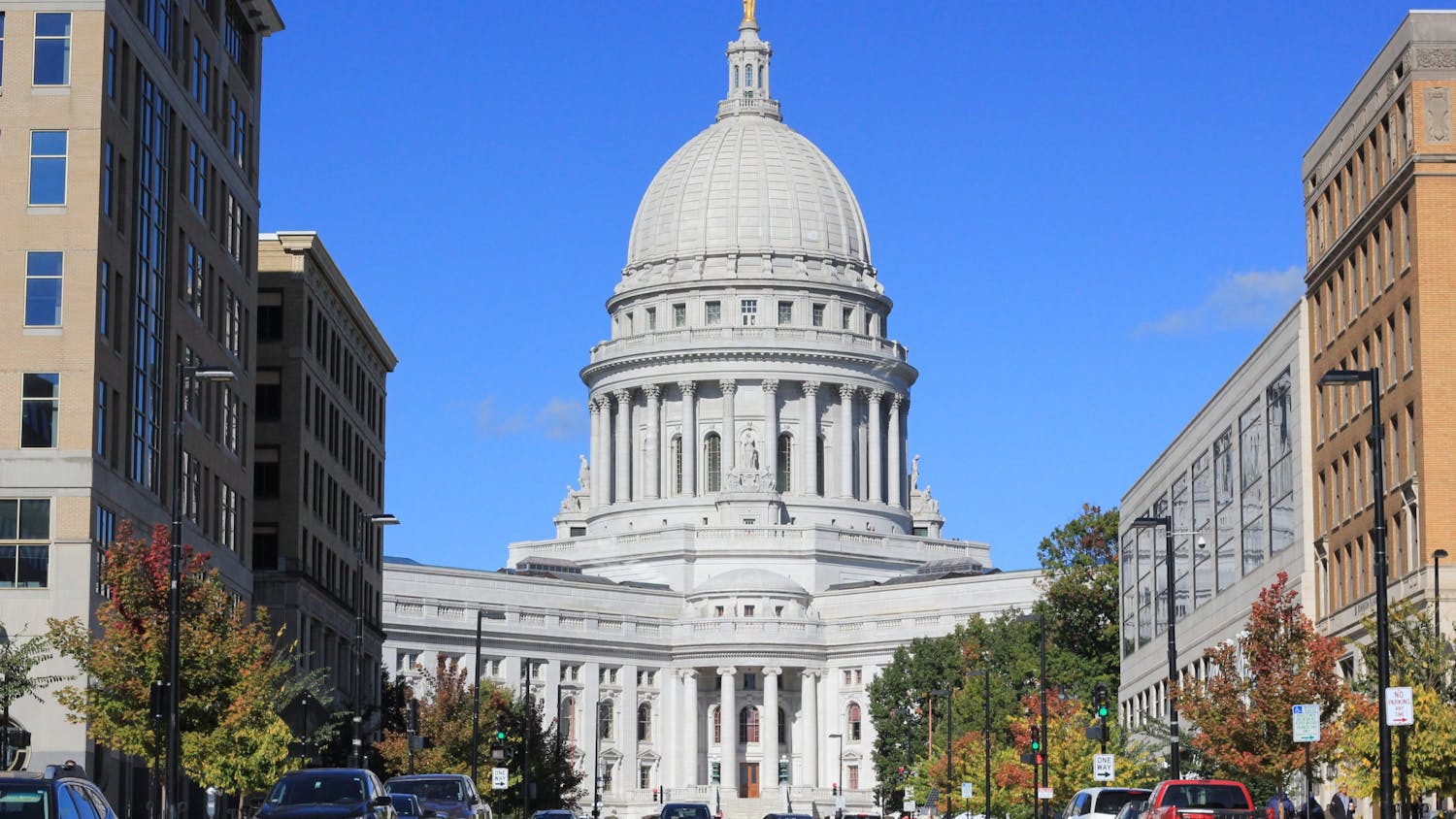The people of Alabama recently voted against a change in the state's tax structure. The change was proposed by Republican Gov. Bob Riley, who had a record of being against tax increases but realized the necessity of one this time.
The structure as it stands now leaves important state services woefully under-funded. After the tax plan was voted down, state agencies were cut 18 percent and are expected to be cut by up to 56 percent more next year; other state services received cuts of up to 75 percent. In just one example of the services already lost, almost one-third of Alabama's state correctional workers were laid off.
The poorest residents of Alabama are the hardest hit by the current tax structure. Though Alabama ranks 48th in the nation in the amount of taxes collected relative to income, and has the lowest property taxes in the United States, the state income tax kicks in for households earning only $4,600. State services, such as healthcare and public schools will take hits that will most directly affect the poor.
Yet, according to Adam Cohen of The New York Times, a large number of those voting against the tax increase were low-income residents whose own taxes would have actually become lower had the measure passed.
Alabama provides an example of Americans' affinity for the type of quick-fix political solutions that are slowly beating this country into the ground. Gov. Riley was a rare voice of reason who realized that it is not possible to continue supplying adequate services without raising the appropriate revenue. Though his state's residents ultimately voted against his proposal, Riley accepted that at some point people must make the trade off between low taxes and adequate services.
Other politicians have trouble accepting this trade off. President Bush feels that he can continue to fight wars, keep up all of the nation's vital services and continue to give aid to states, while simultaneously cutting taxes and racking up a record deficit. Here in Wisconsin, Gov. Doyle has tried to fix the state budget gap not by raising taxes but by cutting services, including a $250 million cut to the UW System.
As a consequence of system cuts, the university must charge more tuition to stay competitive. In-state tuition has gone up close to 20 percent over last year, while in the past two years tuition for out-of-state students has risen by nearly $5,000. Somebody has to pay for cuts across the board, and these days it is UW students.
Now Rep. Howard (Buck) McKeon, R-Calif., has proposed legislation that would reduce federal aid for universities if they raise tuition at double the inflation rate for three consecutive years. This is yet another quick fix at a time when we need anything but quick fixes. Schools such as UW have been forced to raise tuition substantially because of cuts in government funding.
The bill specifically makes cuts to financial aid programs. If it passes, further tuition raises due to budget cuts will, in turn, make it impossible for those who need aid to attend school because the school will no longer have the aid dollars to give them. Perversely enough, the higher the tuition, the less financial aid will be available to those who cannot afford to attend school without it in the first place.
Furthermore, the bill would have its largest effect on institutions that rely on state funds for lower tuition. State schools are significantly cheaper than private institutions. However, as state and federal funds get cut, they will have to continue raising tuition to make up for lost funds in other sectors, as UW has shown.
If the bill passes, many lower-income residents won't be able to afford higher education. With cheaper state schools unable to grant aid money, students will have to turn to private institutions that often charge close to three times as much as state schools. Students will still have trouble paying for these institutions whether they receive financial aid or not.
There is no such thing as a quick fix in government. It simply isn't possible to give the people everything they want at all times. Action taken at any level of government will force some other governing body at a different level to make a choice, as well.
Often that choice is between looking good politically in the short run and leaving the problem to the next level down or buckling down and trying to fix the situation. Usually, politicians will take the first option.
The \let someone else take the fall"" attitude may be about to come full circle. If Rep. McKeon's bill passes, the people who suffer most will be the children of working-class Americans who would have no chance to attend college.
Bob Riley understood that sometimes an official must make a tough, politically unpopular choice in order to keep services running at the level they should. Unfortunately, the people of Alabama disagreed with him and will now suffer with poor healthcare, understaffed police and lower quality schools.
It is important to realize that, sometimes, the ugly choice is the right one. If Americans do not figure that out soon, there may not be any services left to cut.
Sam Berns is a junior majoring in political science. Send responses to his article to opinion@dailycardinal.com. Responses will be printed on Friday.





